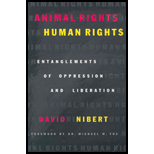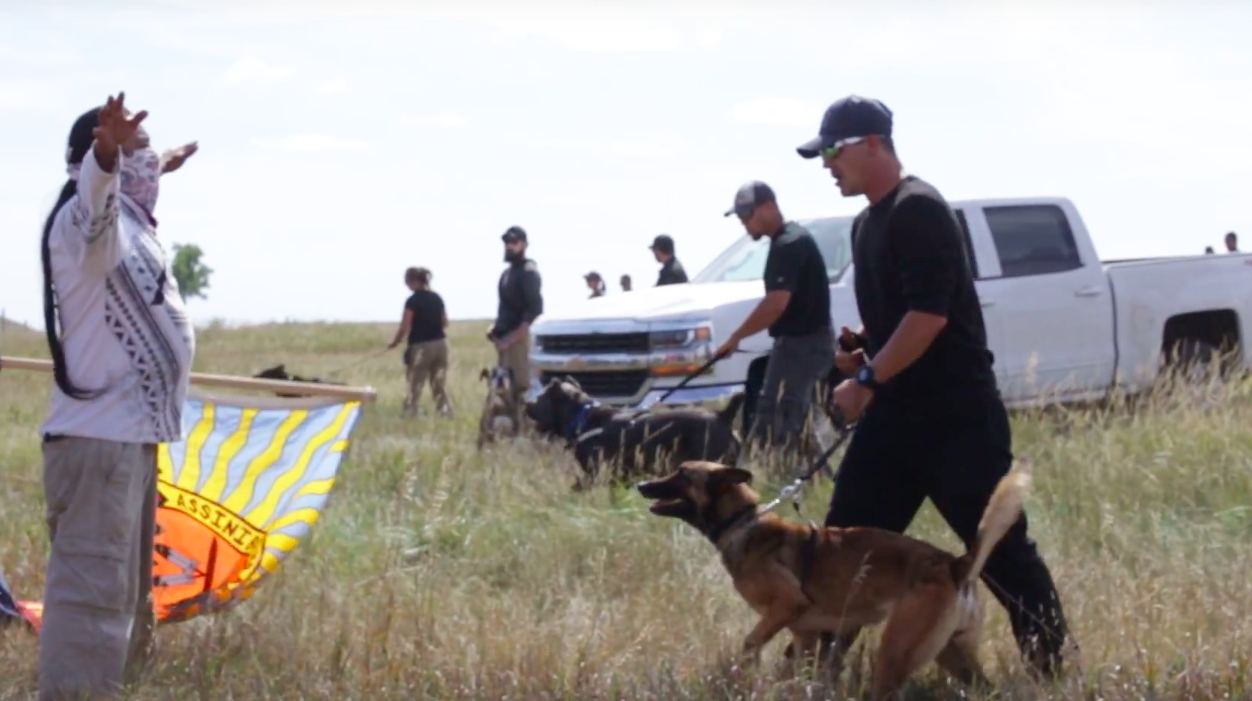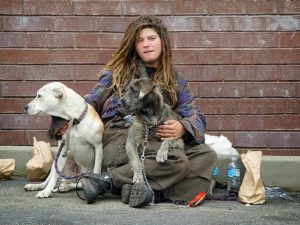The following literature review is part of a series for World Vegan Month. Other essays can be accessed by visiting the essays catalog.
 David Nibert. 2002. Animal Rights/Human Rights: Entanglements of Oppression and Liberation.
David Nibert. 2002. Animal Rights/Human Rights: Entanglements of Oppression and Liberation.
Animal Rights/Human Rights makes a clear and convincing sociological argument for the social construction of speciesism and stratification. Human oppression and the oppression of other animals are linked and often compound one another. This oppression is a product of an economically-driven unequal power dynamic. Those who benefit from this inequality seek to reinforce and perpetuate the system with the support of ideology, the state, and the internalization of powerlessness by those being exploited.
Nibert makes the interesting observation that our use of other animals is not a natural or inevitable phenomenon, but rather a cultural manifestation that reflects institutional arrangements. Human animals once lived harmoniously in their ecosystem as foragers, as this system was much more reliable and efficient. It was not until major changes in the landscape and the increased presence of migrating large mammals approximately 20,000 years ago that hunting became accessible to humans. Nibert notes that the switch to hunting (and eventually livestock keeping) moved human society away from egalitarianism. This marked the beginning of speciesism, but also the beginning of gender and class divisions soon thereafter. Inequality developed with a fervor from this point and ideologies and state institutions were promulgated to support it.
Nibert argues that this indoctrination is achieved through daily experiences in a stratified and hegemonically controlled society. Speciesism and other systems of oppression are largely a product of the economic system in which they operate. To develop this proposition, Nibert walks us through progression of human society from prehistoric times, early agricultural systems, feudalism, and to finally global capitalism. Capitalism has been particularly despicable in that it amplifies the exploitation of the oppressed and also normalizes it. When oppression is accepted as normal, natural, and necessary, that oppression is legitimated and is rendered invisible.
Nibert’s solution is to move away from a capitalist society. In fact, an approach that ignores the role of capitalism is very unlikely to counter the growing level of oppression of other animals in the era of the new global economic order. Nibert warns that working for a “kinder” capitalism is not practical. Without challenging the hierarchical system, there is little hope for progress. Instead, we might use the opportunities currently available in the capitalist system to transcend it. Nibert cites successes in abolishing a significant amount of vivisection in New Zealand. Because New Zealand is a country that is not economically dependent on the biomedical industry, it exists as an example of how exploitation can be curbed when there is not an institutional reliance on that exploitation.
One major oversight in this publication is the lack of a clear vegan message. In his latest publication, Animal Oppression and Human Violence: Domesecration, Capitalism, and Global Conflict, however, liberation politics are better emphasized.
This essay was originally published on The Academic Activist Vegan on November 1, 2013.

Readers can learn more about intersectional theory and its relevance for anti-speciesism in my 2016 publication, A Rational Approach to Animal Rights. Receive research updates straight to your inbox by subscribing to my newsletter.

